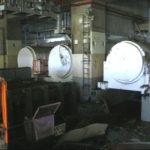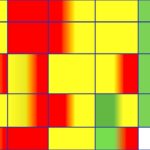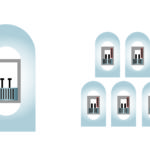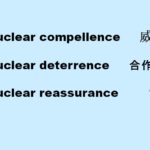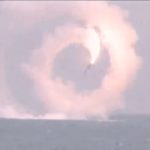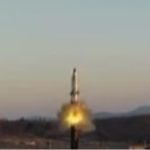
by Allison Macfarlane May 19, 2017 I. INTRODUCTION This essay by Allison Macfarlane argues that “the back end of the fuel cycle, especially at reactors, has not received the attention to safety and management it needs. Management of spent fuel after discharge from the reactor requires careful thought and safety analysis. Surprisingly, regulators in some […]


